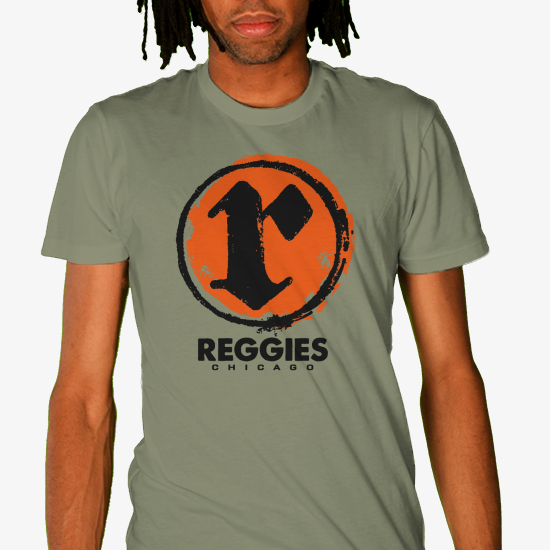By Kira Leadholm, Chicago Reader | Police and security are meant to keep concertgoers safe, but what happens when they do more harm than good? In summer 2020, as America reckoned with a sickness in its system of law enforcement, so too did the music community interrogate the role of police and hired security at concerts. Like the municipalities that explored community-based alternatives to policing, activists wondered what might replace the imposing CPD tower at Lollapalooza or confrontational security guards at local venues. The Union of Musicians and Allied Workers (UMAW) even formed an abolition committee in solidarity with police- and prison-abolition movements.
The live-music industry supports and relies upon police and police-adjacent security in myriad ways, and severing its connection to policing is no small task. Music venues in gentrifying neighborhoods can contribute to the overpolicing of these communities. Retired and off-duty police officers often staff private security forces, and in Illinois, former and current officers don’t have to complete security firearm training. And perhaps most obviously, the presence of police or security is usually a given at all but the smallest licensed music venues. (Unlicensed and DIY venues are another matter, of course.)
Law enforcement at concerts can seem like a necessary evil—bringing together a large number of people who are likely to be drinking or using drugs often leads to physical altercations and medical emergencies. But hired security and police are frequently ill-equipped to keep concertgoers safe in those situations. What viable alternatives exist to the status quo? Music venues have reopened to a society that’s reexamining its relationship with police, and many of them are asking themselves this question.
Some Chicago venues implement reform, others only talk
Racism is baked into modern policing practices. Since 2015, Black Americans have been killed by police at a rate more than twice as high as white Americans, according to an analysis by the Washington Post that began with data from that year. Of the 49 people killed by police in Chicago since 2015, 36 were Black, according to the same data. So when Chicago erupted with protests in summer 2020, it wasn’t only about abolition. Activists were calling to dismantle a system that relies on white supremacist values to regulate society.
For music venues, heeding this call has meant adopting measures to keep all patrons, artists, and staff safe—specifically those of color. And while some venues implemented meaningful reform, others responded in ways that felt performative or dismissive.
In summer 2020, a business posting on social media without acknowledging the ongoing, generation-defining struggle for racial justice could seem tone-deaf and callous. So when South Loop rock venue Reggies tweeted about reopening its patio a few days after the George Floyd protests broke out, a Boston-based artist manager (who asked to remain anonymous to protect his clients) felt it demonstrated a disregard for promoting anti-racism. He’d been primed to react that way, he explains, by memories of Reggies security officers he says were racist toward his Black clients.
“Pretty much every time I’ve been through Reggies—and you know, this could be coincidental, maybe it’s not—but it’s Black artists, specifically, that I’ve had bad experiences with,” he says.
> > > > > > > > > >
To read the whole, lengthy story, go here… but well worth the read:
https://chicagoreader.com/music/rethinking-concert-safety/

